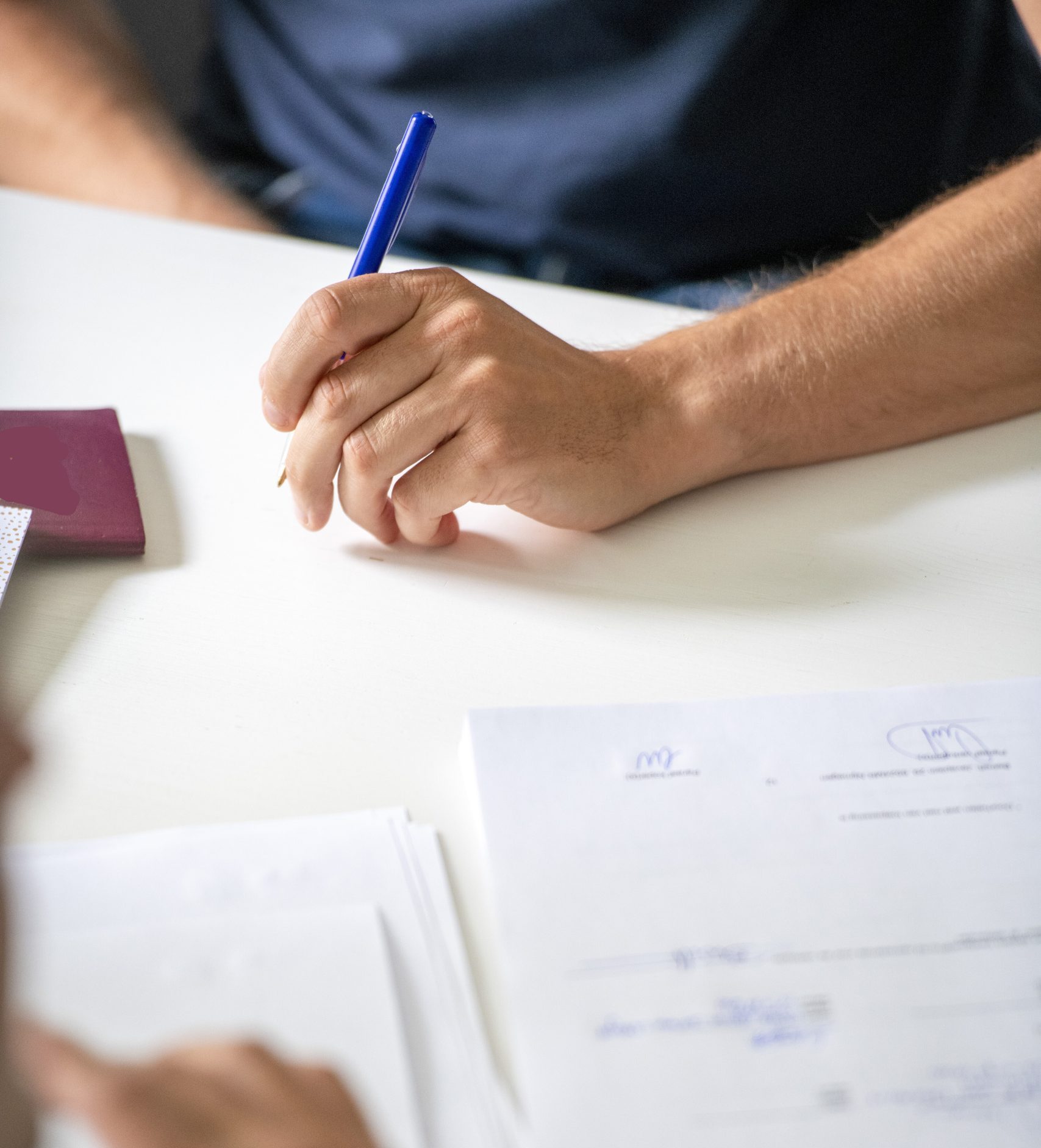Buying your first home is a massive milestone. Amidst the excitement, the conveyancing process can feel unfamiliar and daunting. But you don’t need a legal degree to get through it with confidence. This guide breaks down every stage—clearly and thoroughly—so you know what to expect, what you need to do, and why each step matters.
1. Instructing Your Conveyancer
What happens:
Once you’ve had an offer accepted, you’ll appoint a conveyancing solicitor or licensed conveyancer. This appointment signals the official start of the legal process.
Why it matters:
They act as your legal representative throughout the journey—handling searches, contracts, finances, and completion. Having the right professional on your side is essential.
What you need to do:
- Provide ID and proof of address.
- Agree on fees (often a fixed fee including VAT and disbursements like search costs).
- Sign a Letter of Engagement or Terms of Business.

2. Pre-Exchange Phase: Searches & Inquiries
Property Searches
Your conveyancer arranges searches with the local authority, water company, environmental agencies, and more. These confirm there are no hidden issues—like planning problems, flood risks, or pay-as-you-go sewage charges.
Enquiries to the Seller’s Solicitor
Your solicitor will ask the seller’s team detailed questions about the property: boundaries, fixtures, rights of way, confirmations of planning permission, and leasehold or freehold status.
Review of Title Documents
Your solicitor reviews:
- Deeds/title register
- Leasehold information
- Boundaries, rights, covenants
They’ll flag any irregularities and advise on whether they’re solvable or may affect your decision to proceed.
Why it matters: These checks ensure you’re not hit with unexpected issues after you move in.
What you need to do (as a buyer):
Respond promptly to any additional information requests.
Authorise payment for searches (average cost: £300–£500).

3. Exchanging Contracts
When both you and the seller are happy with the legal and property details, you’ll reach exchange of contracts. This is a pivotal moment:
- You pay your deposit (usually 5–10%).
- You’ll agree on a completion date—the day you’ll become the official owner.
Why it matters: Contracts are binding. Pulling out post-exchange without good reason usually means losing your deposit.
What you need to do:
- Ensure you have buildings insurance ready from exchange day onward.
- Provide your deposit to your solicitor in cleared funds.
- Sign the contract (your solicitor often handles this digitally now).
4. Between Exchange and Completion
As your move-in day approaches, a few practical steps lie ahead:
Transfer of Funds
Your conveyancer arranges for your mortgage lender’s funds (if any), plus your deposit and SDLT (Stamp Duty Land Tax), to be transferred to the seller’s solicitor.
Pre-Completion Searches and Final Checks
Your conveyancer may run final searches to ensure nothing has changed (e.g., new roadworks, restrictions) and verify the Seller still has the right to complete.
Completion Day
On the agreed date:
- Funds clear to the seller’s solicitor (usually by midday depending on any chain).
- The seller moves out, and keys are released—often via the estate agent or your conveyancer.
Your solicitor registers your ownership with HM Land Registry (this may take weeks or even months, but you’re the legal owner from the contract date).
Why it matters: Everything hinges on careful coordination—getting funds ready early, liaising with the estate agent, and ensuring you’re prepared to take possession on completion day.
5. Post-Completion Procedures
Your solicitor takes care of:
- Registering your title with HM Land Registry.
- Paying Stamp Duty Land Tax, if applicable (must be paid within 14 days).
- Returning or sending you or your lender the official registered documents.
What you should do:
- Keep your new title deeds or e-registration safely stored.
- Set up utility accounts (water, electricity, gas).
- Notify services and update your address for banks, DVLA, council tax, etc.

Common Questions First-Time Buyers Have
Can I back out before exchange?
Yes—but post-contract, you’re usually committed. Before exchange, you’re free—but your survey fee and searches may not be recoverable.
How long does conveyancing take?
From offer accepted to legal completion, expect 10–16 weeks, though it varies depending on your chain and pace of responses.
Do I need buildings insurance early?
Absolutely—from exchange day, your mortgage lender will require it.
What is SDLT?
Stamp Duty Land Tax: a property tax based on purchase price. Solo buyers get a relief on properties up to £425k; amount varies with price paid.
Can I do conveyancing myself?
Technically yes—but due to legal complexities, missteps can cost much more than professional fees.

Why a Good Conveyancer Matters
- They spot issues you’d never know to look for, like hidden boundaries or planning restrictions.
- They manage the money, ensuring lender contributions, SDLT, and deposits flow correctly and safely.
- They maintain your timeline, holding the chain together so you don’t lose your buyer or stall on your sale.
- They minimise risk, making sure everything is legally solid before handing over your money or keys.
Final Thoughts: Stay Informed, Stay Confident
Conveyancing may feel like a big process, but you don’t need to navigate it alone. With a skilled conveyancer working alongside you—explaining each step, highlighting your responsibilities, and guiding you through potential pitfalls—you’ll move through the process informed and confident.
So here’s the simple version:
- Instruct your conveyancer early after offer accepted.
- Allow them to conduct searches, inquiries, and contract checks.
- Prepare to exchange—get insurance, deposit funds, and pick your completion date.
- On the day, your funds transfer, keys are collected, and you move in.
- Afterward, your solicitor registers ownership, handles Stamp Duty, and wraps things up.
With great legal support and clear understanding, you’ll soon be unlocking the door to your first home—ready for new beginnings. If you’d like help choosing the right level of conveyancing support, or want a trusted recommendation, we’re happy to point you in the right direction.
